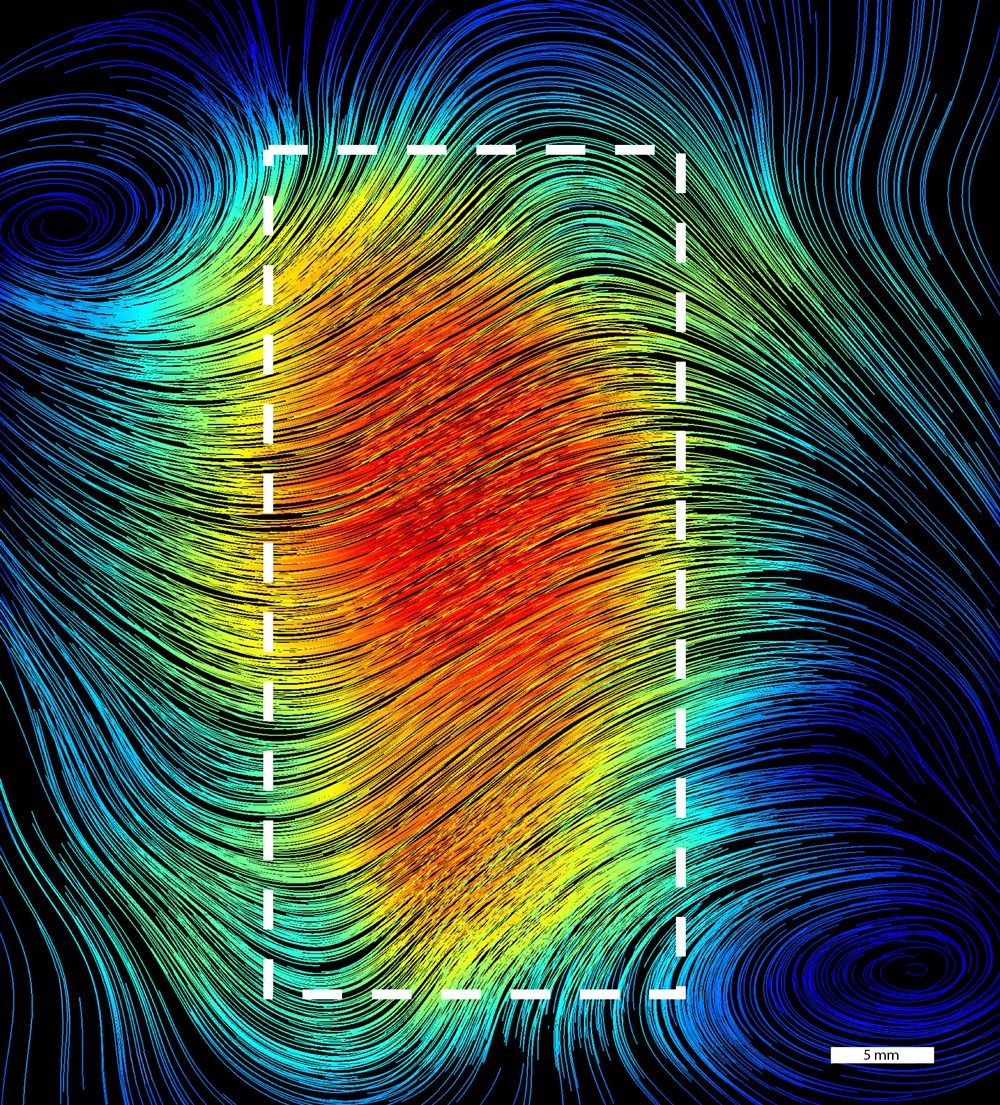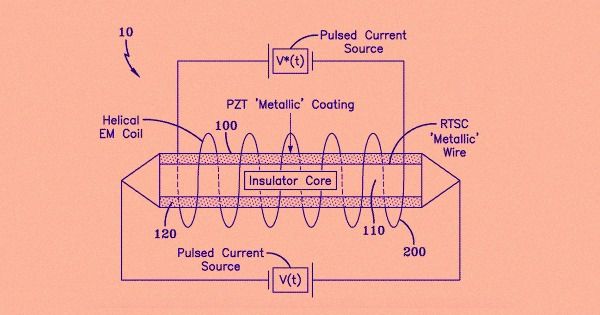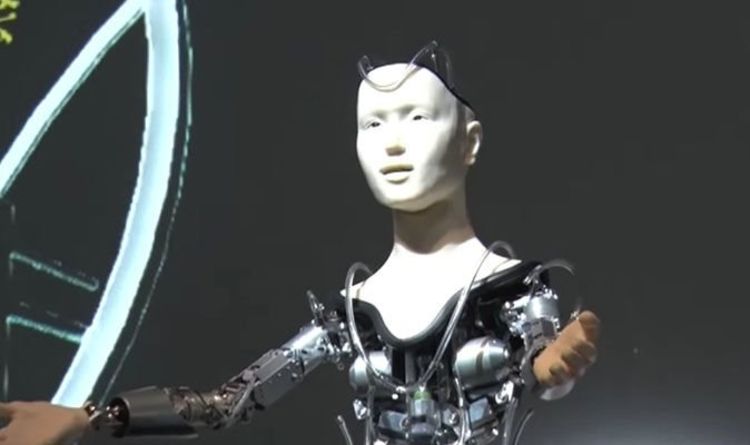Drexler and the Oxford Future of Humanity Institute proposing that artificial intelligence is mainly emerging as cloud-based AI services and a 210-page paper analyzes how AI is developing today.
AI development is developing automation of many tasks and automation of AI research and development will enable acceleration of AI improvement.
Accelerated AI improvement would mean the emergence of asymptotically comprehensive, superintelligent-level AI services that—crucially—can include the service of developing new services, both narrow and broad, guided by concrete human goals and informed by strong models of human (dis)approval. The concept of comprehensive AI services (CAIS) provides a model of flexible, general intelligence in which agents are a class of service-providing products, rather than a natural or necessary engine of progress in themselves.








